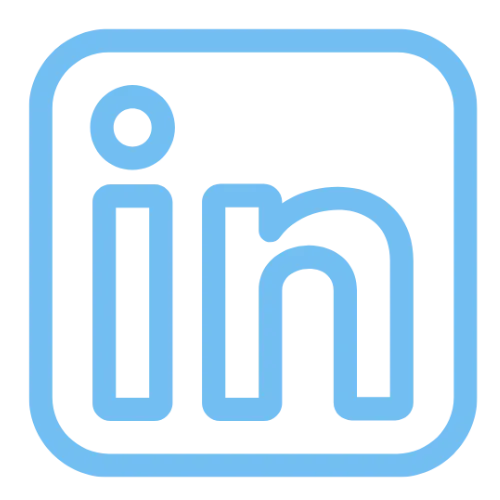
How to Research Your Next Employer
Accepting a position without thoroughly researching your potential employer is like buying a house without an inspection. While the opportunity might look perfect on the surface, what lies beneath could drastically impact your professional future. As a career coach who has guided thousands of professionals through career transitions, I've learned that comprehensive employer research is not just helpful—it's essential.
Why Research Matters More Than Ever
The modern workplace is rapidly evolving, and company culture has become just as important as compensation. Before diving into the how-to, consider this: the average person spends roughly 90,000 hours at work over their lifetime. Shouldn't you know exactly what you're stepping into?
Essential Resources for Your Research Arsenal
Let's explore the most valuable tools available for conducting thorough employer research, each offering unique insights into your potential future workplace.
1. Glassdoor: Your Window into Company Reality
Glassdoor has revolutionized how we evaluate potential employers by providing unprecedented transparency through employee-generated content. Here's what makes it invaluable:
Authentic employee reviews that offer unfiltered insights into company culture
Detailed salary information that helps you understand your market value
Real interview questions that prepare you for the hiring process
Comprehensive benefits information that goes beyond basic compensation
2. LinkedIn: The Professional's Intelligence Network
LinkedIn is more than just a professional social network—it's a powerful research tool that offers:
Direct connections to current and former employees
Insights into company growth and hiring trends
Understanding of team structures and professional backgrounds
Company updates and news that reveal corporate culture and priorities
3. Indeed: The Comprehensive Job Intelligence Platform
Indeed's value extends beyond job listings by providing:
Aggregated job market data across industries
Company-specific reviews from verified employees
Salary comparisons that help you negotiate effectively
Insights into interview processes and company expectations
4. Industry-Specific Platforms
For Women in Tech: Fairygodboss
This platform addresses specific concerns for women professionals:
Gender-specific insights into company culture
Details about maternity benefits and work-life balance
Woman-to-woman advice about career growth opportunities
Information about diversity and inclusion initiatives
For In-Depth Company Profiles: The Muse
The Muse offers a more curated look at organizations:
Photo and video tours of office environments
Employee testimonials and day-in-the-life content
Detailed company mission statements and values
Cultural insights from multiple perspectives
Strategic Approaches to Company Research
Start with Your Core Values
Before diving into research, clearly define what matters most to you:
Work-life balance expectations
Professional development opportunities
Company values alignment
Team culture preferences
Leverage Multiple Sources
Cross-reference information across platforms to get a complete picture:
Compare salary data from different sources
Look for patterns in employee reviews
Verify company claims against employee experiences
Track company news across multiple channels
Engage with Current Employees
Make meaningful connections:
Reach out to second-degree connections on LinkedIn
Prepare thoughtful questions about company culture
Be transparent about your interest in the company
Value others' time and insights
Red Flags and Green Lights
Watch For:
Consistent negative patterns in reviews
High turnover rates in key positions
Misalignment between stated values and employee experiences
Lack of transparency in communication
Positive Indicators:
Clear career progression paths
Investment in employee development
Strong work-life balance policies
Positive leadership reviews
Making Your Decision
Remember that no company is perfect, but finding the right fit is crucial. Consider:
How the company's values align with yours
Whether the role offers growth potential
If the company's direction excites you
Whether you can see yourself thriving in their culture
Final Thoughts
In today's job market, thorough research isn't just advantageous—it's essential for career success. By utilizing these resources and approaches, you'll be better equipped to make informed decisions about your next career move. Remember, you're not just looking for a job; you're choosing an environment where you'll spend a significant portion of your life.
The key is to approach your research systematically and thoughtfully, using all available tools while maintaining a clear focus on your professional goals and personal values. After all, the right company fit can accelerate your career growth, while the wrong one can stall it.
Take the time to do your homework—your future self will thank you for it.
About the Author: As a career coach and business consultant with over two decades of experience, I've helped thousands of professionals navigate career transitions and find their ideal workplace fit. This article draws from real experiences and proven strategies that have helped my clients make successful career moves.








